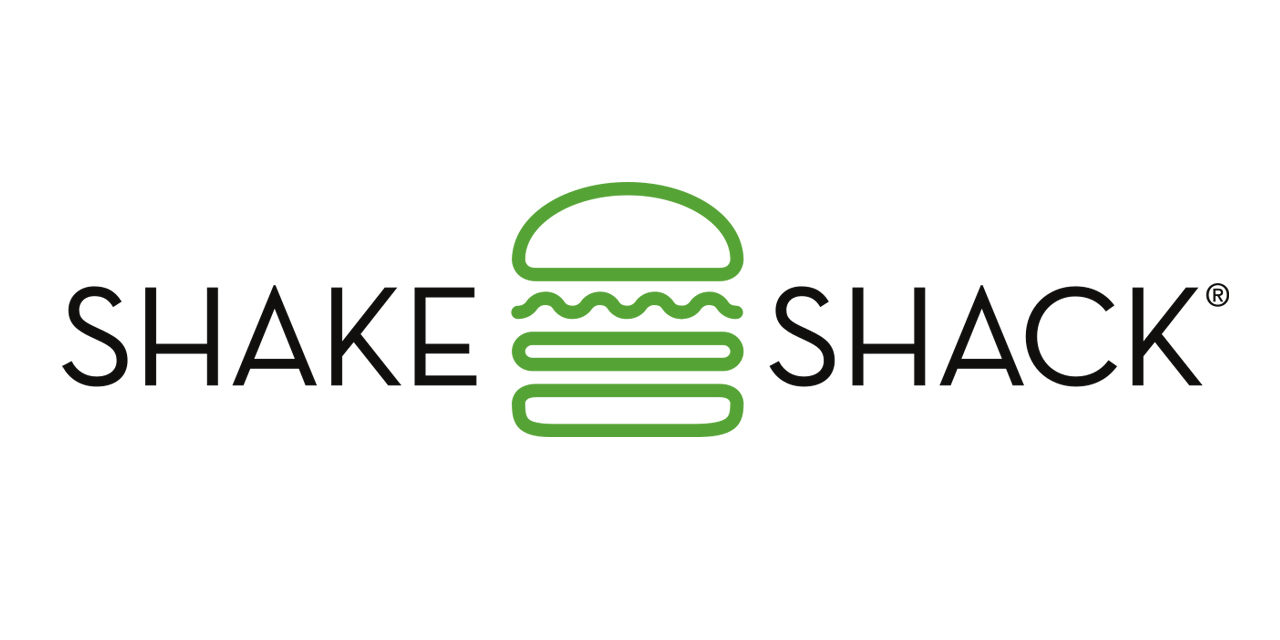The Paycheck Protection Program (PPP), a $350 billion federal coronavirus recovery program in the form of forgivable loans to businesses with fewer than 500 employees, has served to benefit some major restaurant and hotel chains with thousands of employees and hundreds of millions of dollars in annual revenue. The loans are designed to help small employers pay employees and keep the doors open for several months until, hopefully, the country is open for business again.
The program ran out of money after only 13 days. Many small businesses were turned away.
So how did 17 entities with over 500 employees obtain $143 million in such loans?
The answer is legislative exemptions granted to the hotel and restaurant industry because the authors of the PPP felt that those industries were hit first and hit the hardest due to closures and stay-at-home orders.
Chains like Ruth’s Chris Steak House, with over 6000 employees, 100 steakhouses across the U.S., Canada and Mexico and $468 million in revenue, received a $20 million PPP loan. ($10 million is the limit on each loan. Ruth’s also applied on behalf of its subsidiary.) Potbelly, the sandwich chain, with 400 locations, 6000 employees and $410 million in sales last year, received $10 million. Shake Shack, with 7600 employees, over 200 locations, and $595 million in annual sales, also received $10 million. Shake Shack, in response to the public outcry over PPP loans going to large corporations, later announced it would return its loan and raise money through other means. Both Shake Shack and Potbelly are publicly traded companies.
Representative Kevin Hern, R-Okla., said the exemption for restaurants and hotels were intended to apply to franchisees, not corporate-owned stores and hotels. Nevertheless, the final wording did not make that clear. Senator Marco Rubio, R-Fla., the chairman of the Senate Small Business and Entrepreneurship Committee explained, “In emergencies, mistakes are going to be made. But the biggest mistake you can make is to move too slowly,” he said on CNBC. “The goal here is to get the money out quickly. So, we sort of erred on the side of expediency.”
When the Paycheck Protection Program ran out of funds, 1.6 million loans had been approved. The vast majority of the loans – 74% – were under $150,000. Congress is looking to boost funding for the PPP by possibly $250 billion or more, although the legislation has become somewhat mired in political debate over demands for other stimulus funding unrelated to the PPP.
In our quickly changing economic situation created by this pandemic, it’s reasonable to anticipate glitches in hurriedly passed legislative solutions. Hopefully, the PPP can be tweaked sufficiently to allow more mom and pop businesses to obtain loans. After all, this is a program of the Small Business Administration. The multi-million-dollar, publicly traded corporations need to look to other sources of funding they have available.






